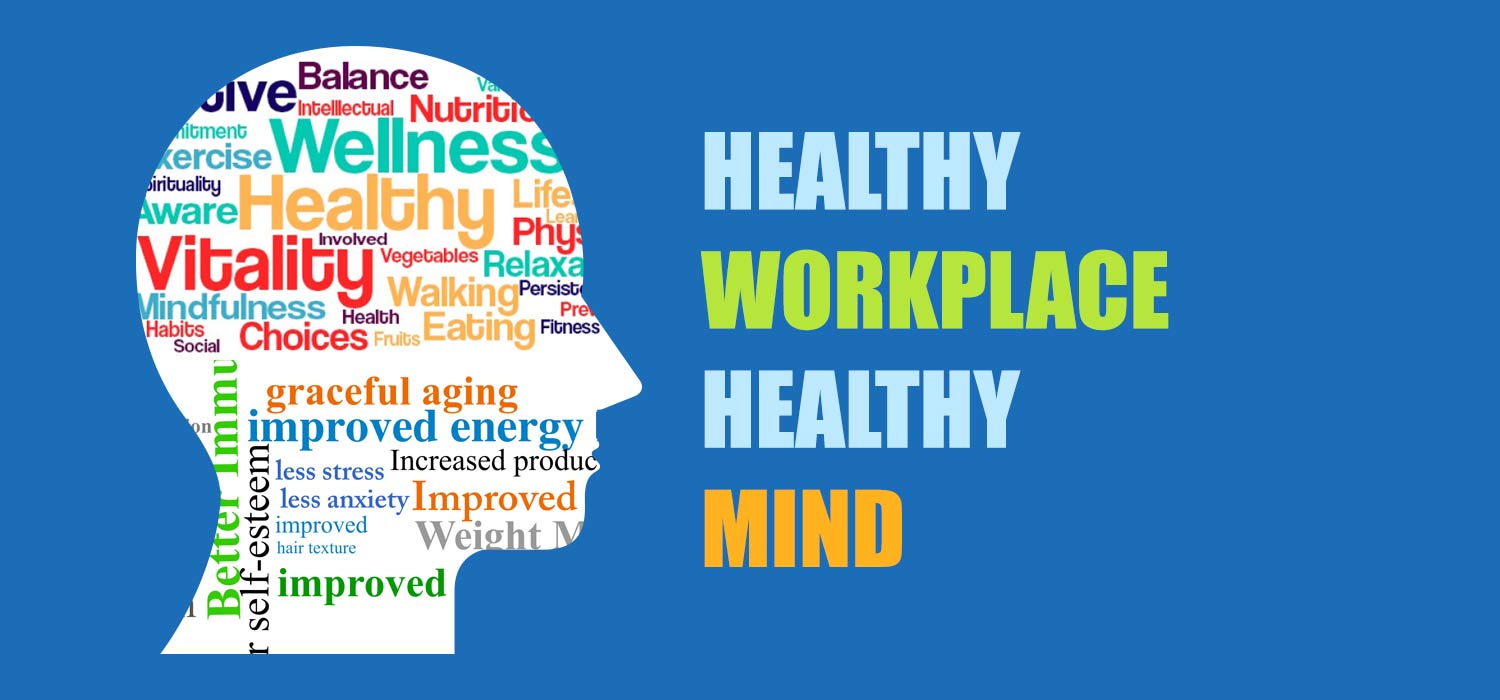As medical practices of all sizes are challenged with cutting costs while trying to retain staff in a newly-competitive labor market, a wellness program might be the last item on a long list of changes to consider. Look again. Our experience at Physician Interlink (PI), a revenue cycle management company, demonstrates that a simple wellness program can help accomplish both goals and even transform lives in the process.
The wellness program doesn’t have to be elaborate, notes PI’s CEO, Mary Moak. “We did simple things, nothing expensive or extreme, and the results have been significant, in everything from cutting down on sick days to increasing engagement and productivity to improving our health insurance rating. Everybody can do one of these, and we’re the proof.”
PI’s wellness “rollout” was an experiment in incremental improvements. First, every employee received a free activity tracker. Next, they got to meet individually with a nutritionist who developed an online plan for each based on current status vs. goals, food likes and dislikes. The plans included links to simple recipes using healthy foods that could be bought at any grocery store (i.e., no need to buy exotic produce at expensive markets). Food plans also emphasized recipes that could be made ahead to provide ready meals throughout the week and help avoid the temptation to eat fast food at the end of a long workday.
A trainer met with each employee to develop an accessible, individualized fitness routine. The idea was that at lunchtime they would all “get up and do something”, and hopefully the larger group’s commitment would help bolster individual commitment. Employees walk/run together at lunch. We didn’t have a dedicated exercise space available, so we rearranged our breakroom and added TRX Suspension straps, an elliptical machine and a recumbent bike. PI also offered the choice of an exercise ball to sit on instead of a desk chair. To keep the program fresh, the trainer comes in twice a month for a group session, alternating classes in areas such as yoga, hip-hop and meditation, or stroke clinics for those interested in swimming. For the last four years, Moak and her team have participated in the Kaiser-Permanente 5K Corporate Run/Walk.
As the program moved forward, clients and vendors were brought into the mix. Moak remembers, “We were into the Christmas holidays when we began this effort, and I walked into our office one day and there were gift boxes of cookies and candy all over the place. I told everybody, ‘OK, this is the last time! We’re not having any of this here anymore. And I told those who routinely give us such gifts, ‘Thank you so much, but we are happy to have fruit!’”
The premise behind everything PI tried was very simple: Allow yourself to be introduced to something new. Be open-minded. See what’s out there that you don’t know. Look at trying to make real change, however small.
The results have been remarkable. One employee lost 100 pounds and is no longer pre-diabetic. Another, a single mother with three daughters, has completely changed her body and her fitness by changing how she eats and adding consistent exercise. A third, who was already active as a runner, has upped her game and completed the Disney Dopey Challenge 48.6 mile, 4 day run. A fourth employee has been able to stop taking anxiety medicines after practicing meditation and yoga. Moak herself, who has become a ranked, competitive swimmer, has been able to get off of medications for high blood pressure and cholesterol.
This year we switched to our group health coverage to Humana and were very excited to add their “Go365” program to what we were doing. Employees get points for exercising and making healthy choices that can be redeemed for gift cards and other merchandise. In addition the program provides a Wallmart grocery discount card that provides money off on healthy food choices. The savings are substantial and employees love the program.
Employee excitement was not universal. “But, even those who weren’t enthusiastic appreciate the effort on their behalf,” Moak notes, “and the fact that I care about the whole person rather than just the piece that works for me. Here, as with most medical practices we serve, employees drive a long way to and from work and sit in traffic. If we make their day at work more appealing, maybe they pause before they take that job closer to home. And we reduce the expense of turnover.
“People will say, ‘I’ve got hereditary this or that, and there’s nothing I can do.’ That may be true, but it’s not true for everybody. Some situations can be changed. And regardless, you really can have some control over how you age. You do not have to age badly.”
For Physician Interlink, the goal seems both practical and an obligation. “About 70% of Americans are somewhere on the spectrum of overweight to morbidly obese,” Moak finishes. “Shouldn’t we in the health care industry lead on this effort, or at least do our part to make things better? This is by far the least expensive, most important thing I’ve done as an employer.”
For more information, please fill out the Contact Us request form.

